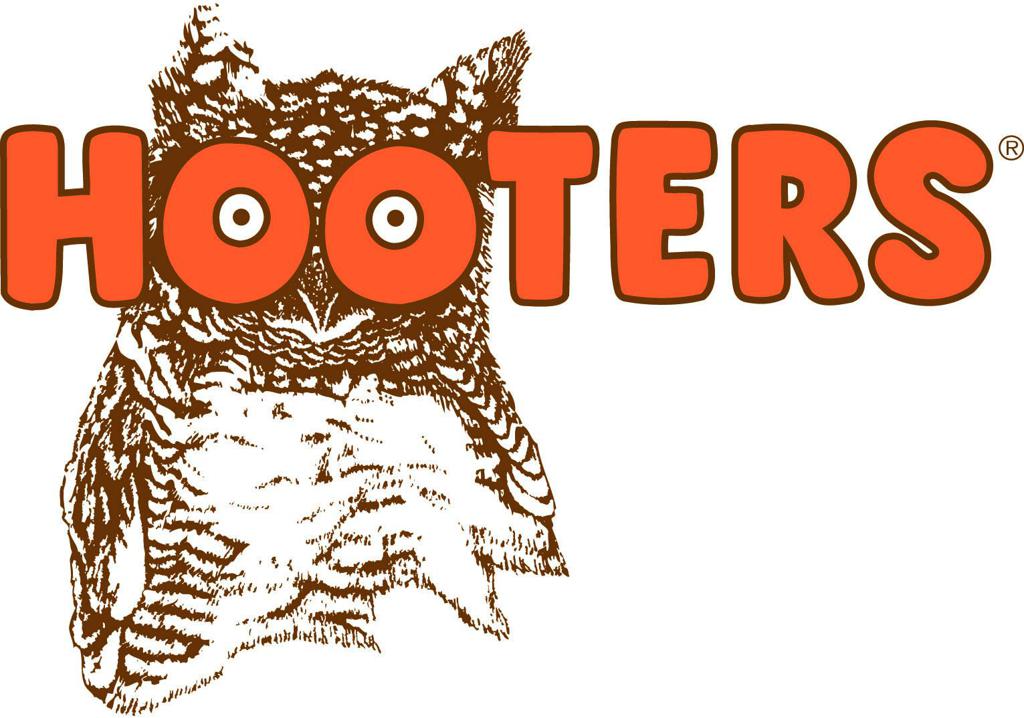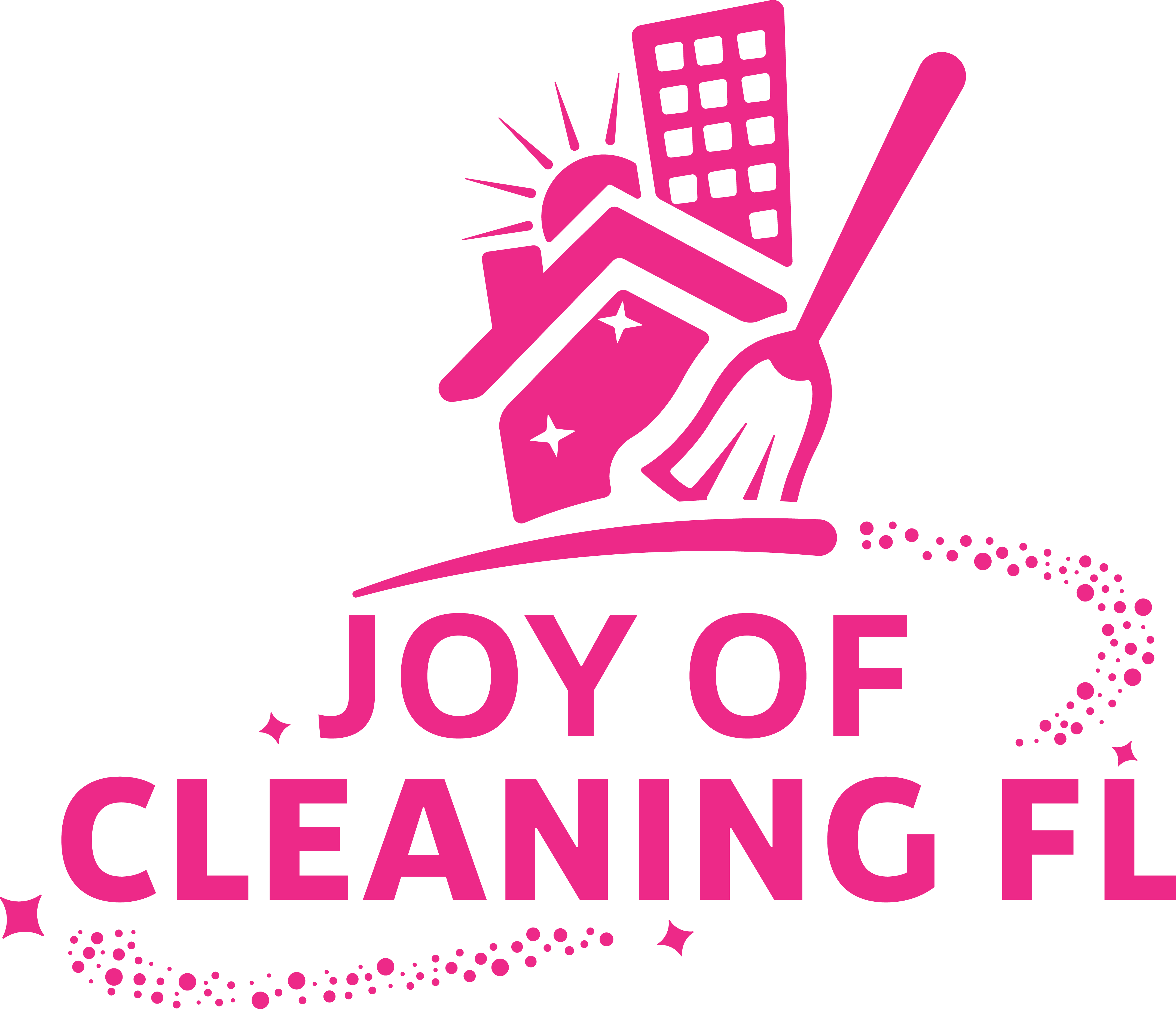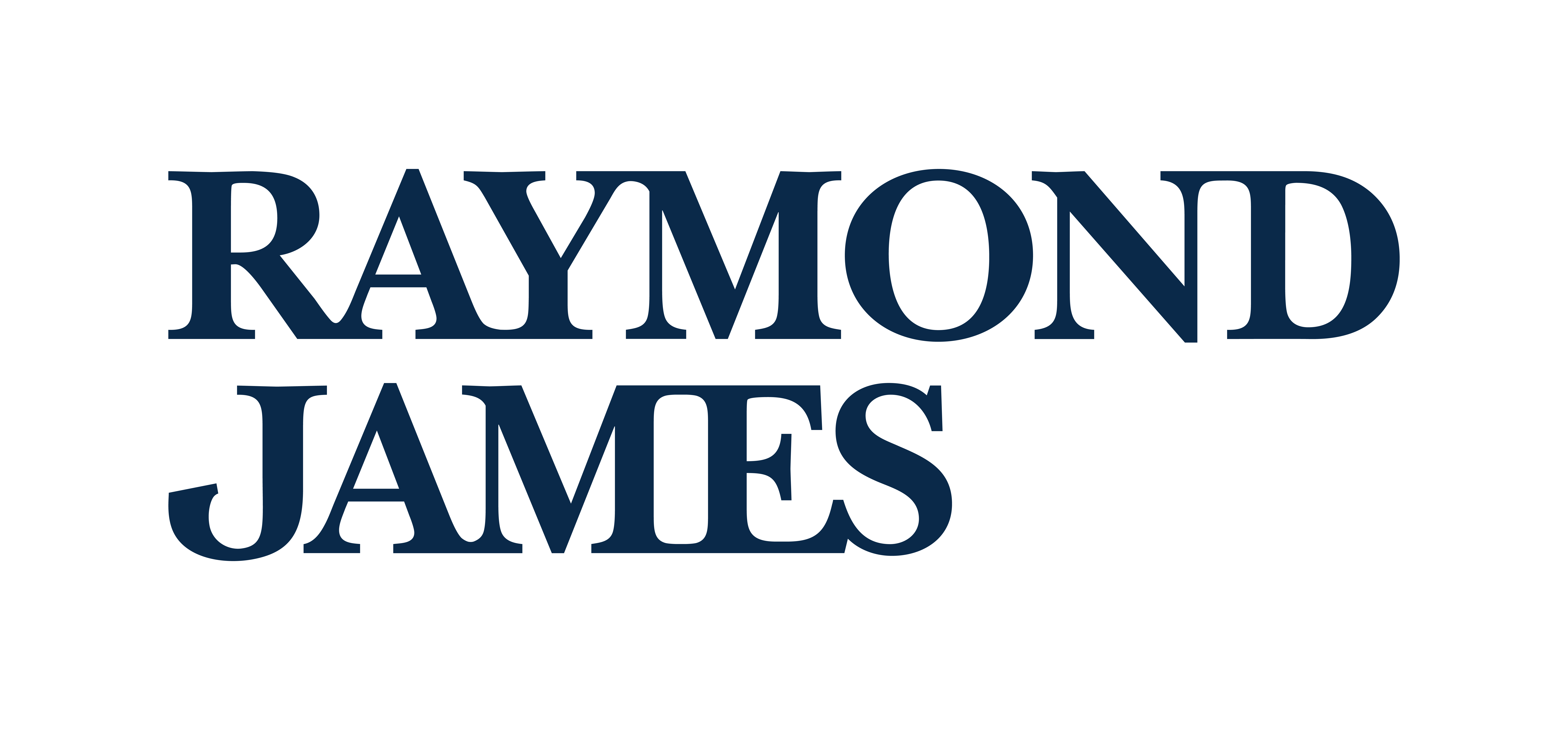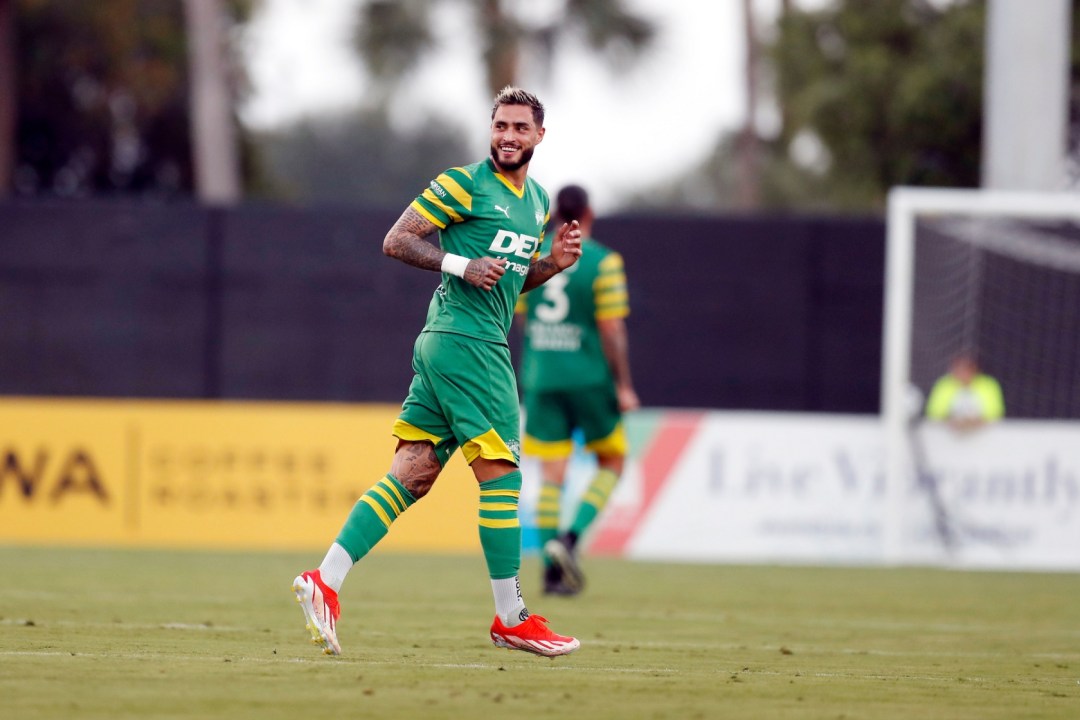
By Jake Nutting
Ask Manuel Arteaga how many teams he’s played for in his career, and it may take him a moment to recall them all. That’s understandable when your career spans 14 years, 13 different teams across six countries and three continents. As a kid growing up in Venezuela dreaming of playing professional soccer, Arteaga never planned for the circuitous path his career has taken that’s led him to the Tampa Bay Rowdies this year.
“It wasn’t what I hoped for but that’s how things played out,” Arteaga says of his winding career path. “I’m grateful to God to have been able to experience so many countries, and learn about so many cultures, so many languages, and so many people. I’m grateful to God for how lovely it’s turned out to be, honestly.”
At 30 years old, Arteaga is arguably in the middle of one of his best seasons yet as a professional. Through 17 league appearances for the Rowdies, the veteran attacker has already notched 10 goals. He still has some work to do in the back half of the season to eclipse his standout 2023 season, when he recorded 15 goals and six assists to help lead Phoenix Rising FC to their first league title, but there’s plenty of time left for that.
Arteaga’s career has entered a bit of a renaissance since coming to the U.S. to sign for Indy Eleven in 2021. In four years stateside, Arteaga has netted 40 goals to become one of the most consistent scoring threats in the USL Championship.
Success hasn’t always come easy for Arteaga, who experienced plenty of ups and downs throughout the first decade of his career. He made his professional debut with his hometown club Zulia FC in Maracaibo, Venezuela when he was 16 years old. Arteaga set his sights on Europe the following year, earning trials with Liverpool and Fiorentina. A contract never materialized with either club and Arteaga had to wait another year before securing a loan to Parma in Serie A. The transition to life in Italy was difficult for Arteaga, who struggled to break through on the field as a teenager.
“I was alone, I didn’t speak the language,” recalls Arteaga. “Life and soccer is that way. You must try to adapt quickly to every obstacle that comes your way, mature quickly, grow quickly, and go through each obstacle without thinking about what could happen. In all of that, you make mistakes, a lot of them, and in the end that’s the most important thing. If you don’t make mistakes, you don’t learn.”
Following his loan spell at Parma, Arteaga returned to Venezuela, where he bounced between Zulia and Deportivo Anzoátegui SC over the next few seasons. Finally, in 2015 he produced his breakout season in the pro ranks, banging in 17 goals over a career-best season.
With his career gaining steam again, Arteaga again looked overseas for new opportunities. In December of 2015, he landed in Italy again with Palermo but was promptly loaned out a month later to Hajduk Split in Croatia. That loan was followed by another loan the next year to Club The Strongest in Bolivia, and then a short stint with Seraing United in Belgium’s third division.
If you thought moving apartments across town was stressful, imagine uprooting your life across oceans, repeatedly. That’s what Arteaga was willing to endure to fulfill his dream.
“In the end, I feel like everything happens for a reason,” says Arteaga. “For some reason, God put me in all of those places so I could grow, mature and be a better person – which in the end, I believe is the most important thing in life, to be a good person. Be a believer in God and keep growing and advancing in life.”
Arteaga’s home country came calling again for the 2017 and 2018 seasons at Deportivo La Guaira, where he scored 15 goals between the two campaigns. He parlayed those positive seasons into a move back to Europe with FC Arouca in Portugal. Faith is an important guiding factor in life for Arteaga and this became even more evident to him in Portugal. While his time on the field in Portugal wasn’t as productive as he would have liked, Arteaga did find a new balance and perspective on life and the sport. He got married and for the first time started to build a support system of people he could trust.
“I wasn’t doing well in Portugal, but I kept going,” he says. “I hired a sports coach, and everything started coming into focus. From there I saw things differently. I started playing faster, saw things clearer, and began to understand other things… I began to understand more, more about soccer, about life. And above everything, when I got closer to God was when I began to understand everything better.”
After lifting the trophy with Phoenix at the end of 2023, Arteaga was ready to find a new test for himself. Perhaps after years of fighting to prove himself, he’s never content to rest on what has been and instead is prepared to embrace the next challenge.
“Honestly, I came here with big expectations to win a championship again, but it’s a question of hard work, of unity, of teamwork,” he says. “It doesn’t just depend on me, but it depends on the team, the staff and everyone else who works around the team and to create a positive environment. It’s not just about what I want, but what we all want. In the end, yes, I want to achieve things personally but what is more important is the group achievements.”
Valuing the collective over the individual isn’t just a talking point for Arteaga. He lives it every day in training and in games. He’s always quick with encouragement for a teammate with a good pass, finish, or tackle. He’s a fierce competitor, as most good players are, but that ferocity comes through in a way that makes others around him want to raise their game.
“What I admire most about Manu is his competitiveness,” notes fellow Rowdies forward Cal Jennings. “He always brings it as a competitor, and that’s something I could probably do better myself. He really hates losing. That’s an important trait for a player. Something I really enjoy about playing with him is how great of a communicator he is. He wants to solve problems. He wants to work together. That’s exactly what you want when you’re building a relationship with someone up top.”
As competitive as Arteaga may be, that doesn’t prevent him from approaching the game with a joyful attitude. You’d be hard pressed to find anyone at the Rowdies training facility that Arteaga hasn’t made crack a smile or laugh.
“My personality has always been someone who was fun, positive,” says Arteaga. “I try to help others, my teammates. I learned years ago that sports, soccer, is not about one person, but about the group. I consider myself someone who tries to keep a happy environment. To have fun, laugh, listen to music – to keep everything positive.”
Rowdies midfielder Joshua Perez can attest to the high spirits Arteaga brings to the Rowdies camp day in and day out. It didn’t take long for the two to form a bond in preseason. When Arteaga showed up to the training facility during preseason sporting a new bleach blonde look, Perez and Rowdies newcomer Danny Crisostomo followed suit with a little prodding from their teammate. Arteaga performed the dye job on Perez and Crisostomo just to make sure it came out just right.
“Manu is a good character,” says Perez. “He likes to enjoy the little things in life, and he likes to joke around a lot. He’s such a nice guy and full of heart for everyone. If you were looking for someone to rely on, I would say you couldn’t do much better than Manu as a teammate”
Maybe it’s that combination of competitiveness and delight in playing that makes Arteaga such a formidable force for the Rowdies. When you want to win at all costs, you’re willing to run all night and press defenses mercilessly to cause turnovers and create chances for others like Arteaga does for Tampa Bay. When you approach every minute that you’re on the field with glee, you’re willing to attempt audacious overhead strikers like the extra time winner Arteaga pulled off in this year’s Open Cup win over Birmingham.
Whatever is working for Arteaga in Tampa Bay, whatever successes he’s found over the last few seasons, Arteaga believes it’s all tied to his journey as a player and the obstacles he’s had to overcome.
“Only when you grow, mature, start seeing plays differently, do you start to understand the game in a different way. The years, the experience, all of that. Living in other countries, learning about other cultures. In the end, everything is a learning experience and I think the years of playing soccer gets you to understand, value, and see things from a certain point and on the pitch, you begin to see things maybe your teammates don’t because they haven’t lived the experiences you have.”









































































































































































































































































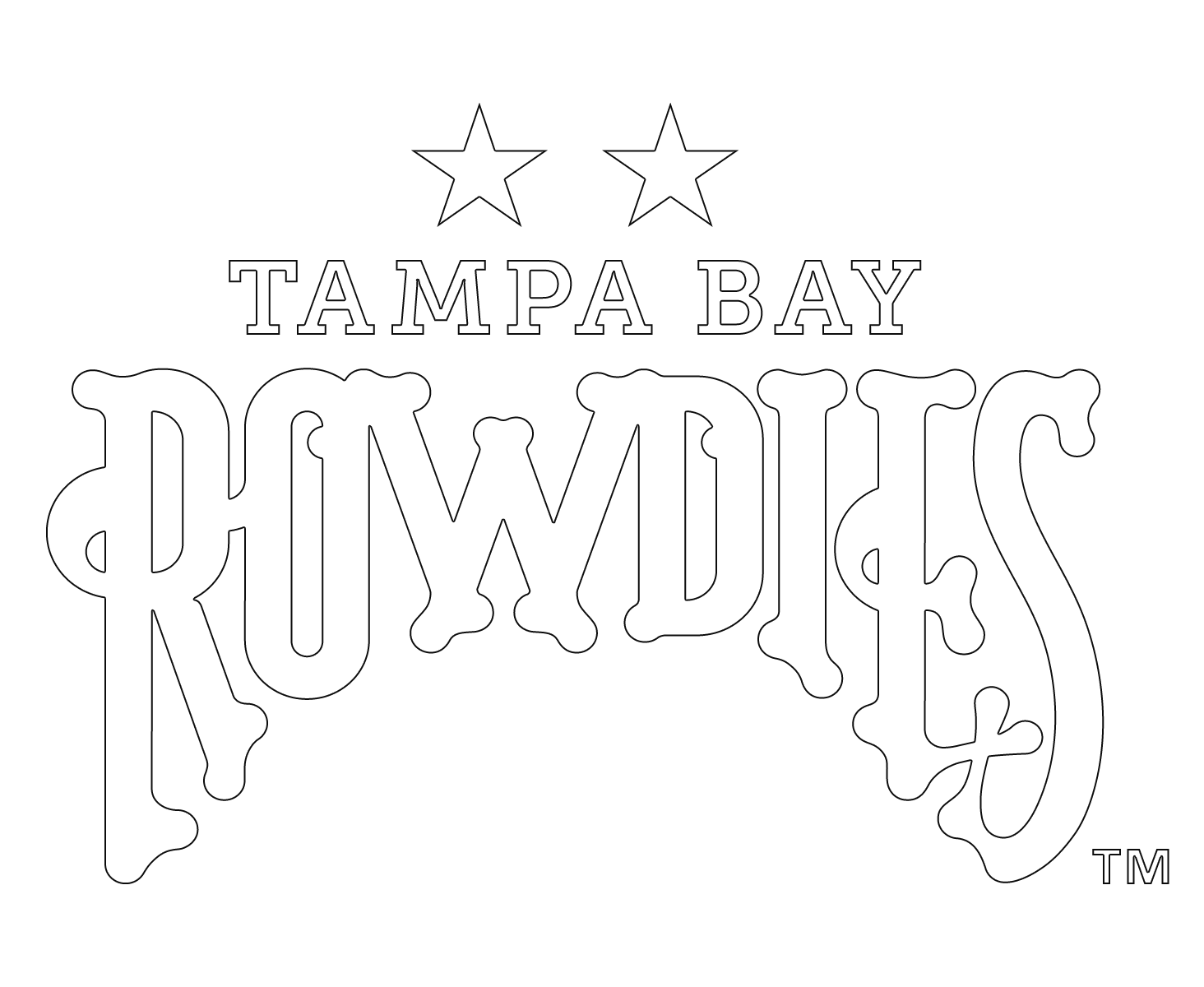

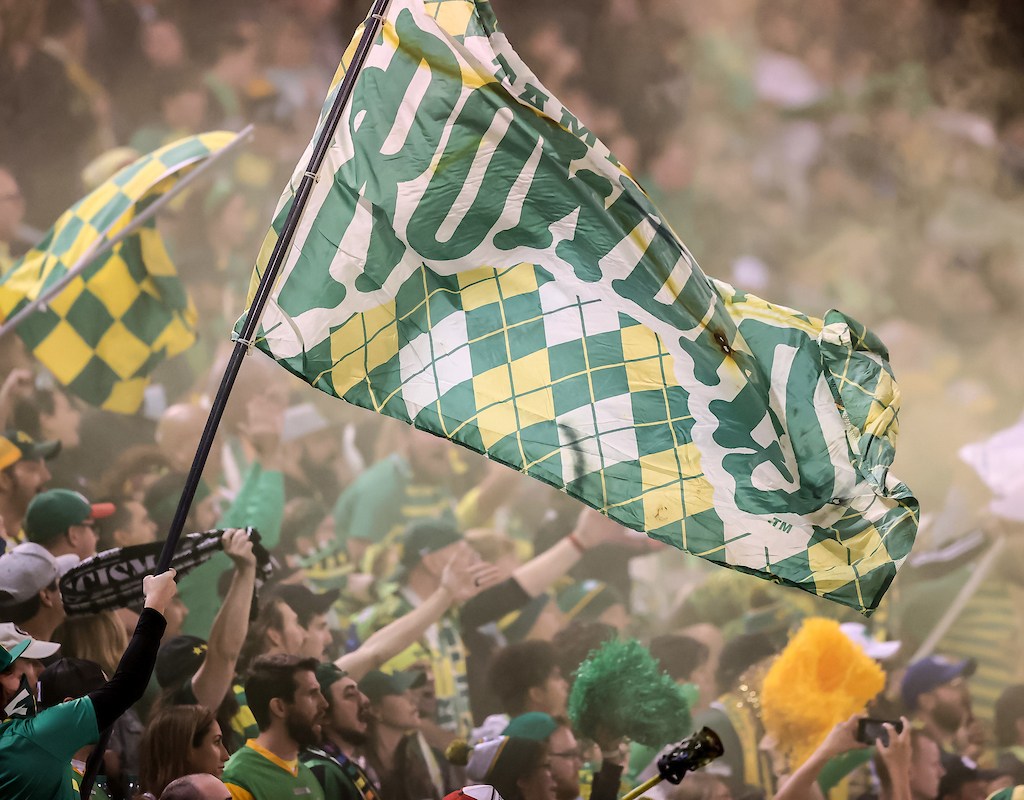




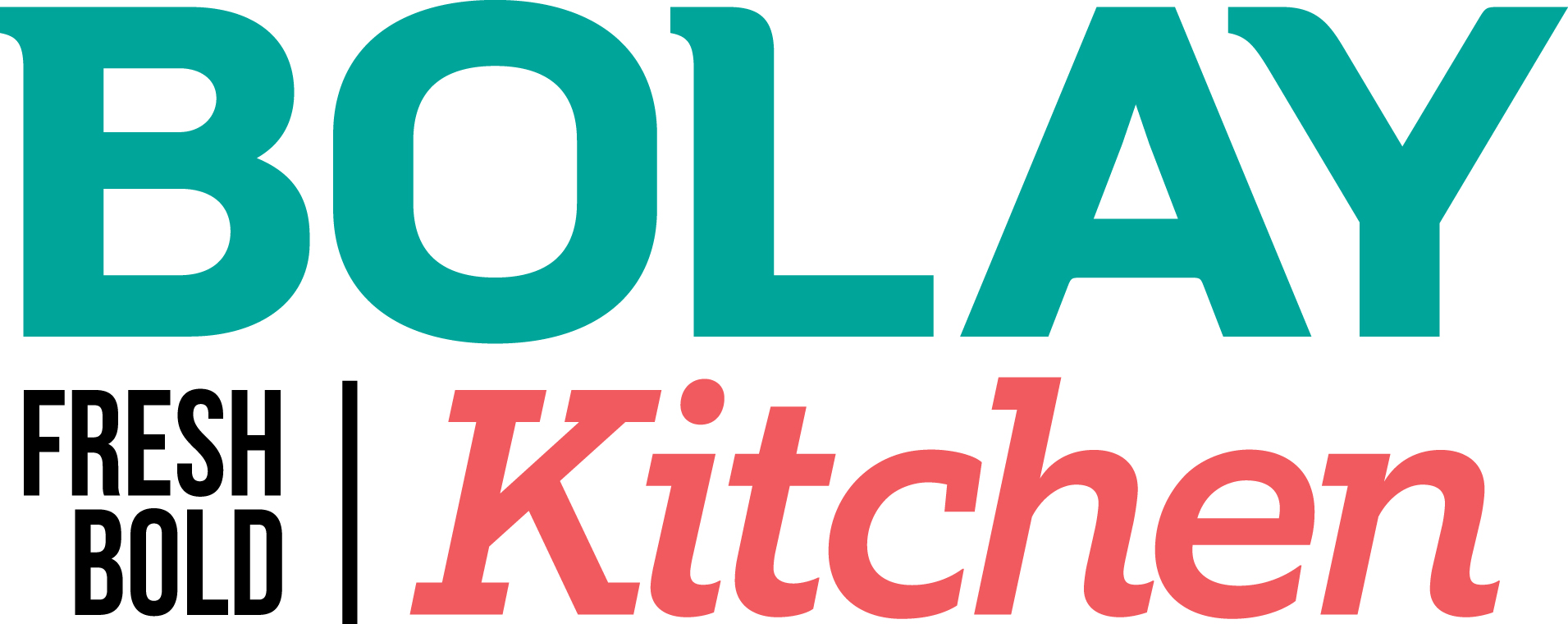












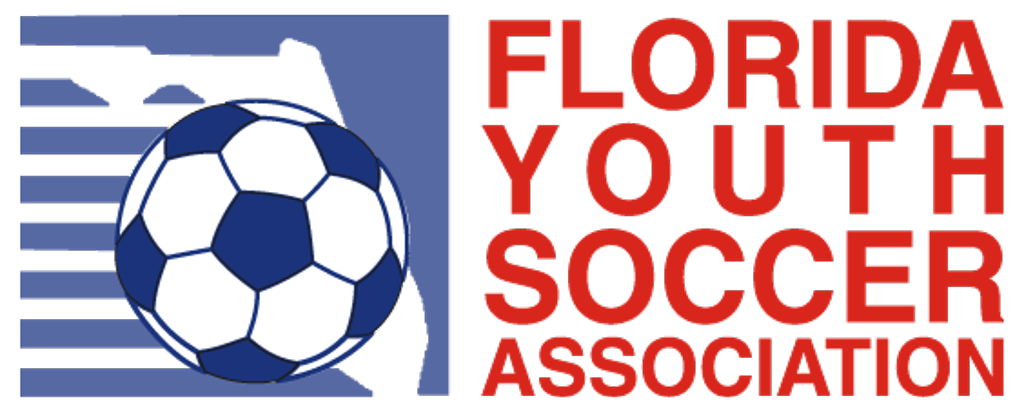
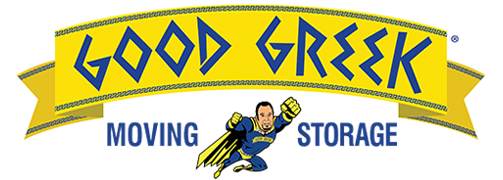
-1.png)
